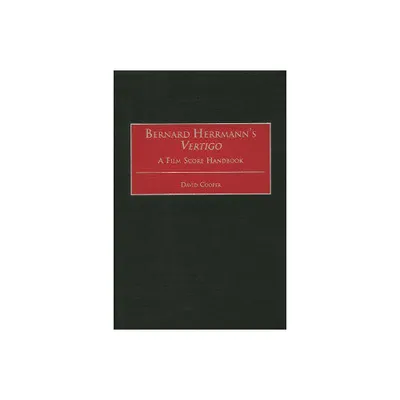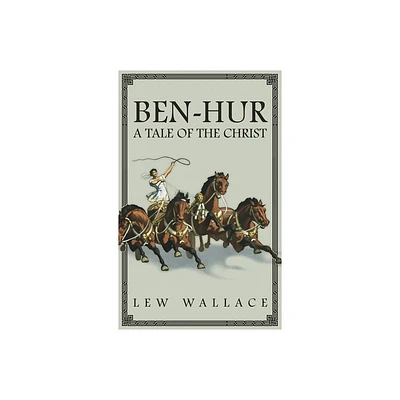Home
Miklós Rózsa's Ben-Hur: A Film Score Guide
Loading Inventory...
Barnes and Noble
Miklós Rózsa's Ben-Hur: A Film Score Guide
Current price: $56.00


Barnes and Noble
Miklós Rózsa's Ben-Hur: A Film Score Guide
Current price: $56.00
Loading Inventory...
Size: Paperback
*Product Information may vary - to confirm product availability, pricing, and additional information please contact Barnes and Noble
In 1925, MGM produced a screen version of Lew Wallace's best-selling novel,
Ben-Hur: A Tale of the Christ
, which became a classic of silent cinema. Nearly 25 years later, the biblical epic was remade by William Wyler and received an unprecedented 11 Academy Awards, including one for Miklós Rózsa's music. Indeed, the score for
Ben-Hur
is one of the greatest achievements in Hollywood film music. In this book, Roger Hickman focuses on the confluence of traditions, trends, and innovations that shaped Rózsa's score.Hickman provides an overview of Rózsa's music into the 1960s, looks at the composer's musical influences and the development of his distinctive style, and examines how Rózsa applied these compositional techniques to film scoring. The author then explores the
phenomenon and traces the development of the story and its musical traditions from the original novel into the 21st century. Hickman also examines the conventions of epic films and ties these influences together with a detailed analysis of the score.
Miklós Rózsa's
Ben-Hur pays tribute to not only one of the great film scores but also to one of Hollywood's most influential composers.
Ben-Hur: A Tale of the Christ
, which became a classic of silent cinema. Nearly 25 years later, the biblical epic was remade by William Wyler and received an unprecedented 11 Academy Awards, including one for Miklós Rózsa's music. Indeed, the score for
Ben-Hur
is one of the greatest achievements in Hollywood film music. In this book, Roger Hickman focuses on the confluence of traditions, trends, and innovations that shaped Rózsa's score.Hickman provides an overview of Rózsa's music into the 1960s, looks at the composer's musical influences and the development of his distinctive style, and examines how Rózsa applied these compositional techniques to film scoring. The author then explores the
phenomenon and traces the development of the story and its musical traditions from the original novel into the 21st century. Hickman also examines the conventions of epic films and ties these influences together with a detailed analysis of the score.
Miklós Rózsa's
Ben-Hur pays tribute to not only one of the great film scores but also to one of Hollywood's most influential composers.


















